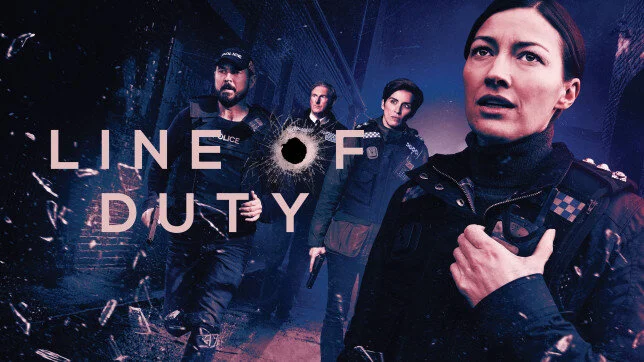Despite concerns about variants, the slow unlocking of the UK continues, as we celebrate reaching level 1 here in Dumfries and Galloway. Yet it turns out that there are actually some parts of lockdown that people want to hold on to. A recent Guardian article said: ‘With the country opening back up, some of us are choosing to shut back down every now and then to focus on ourselves and our family’. The authors then went on to ask: ‘Are you going to miss the positive aspects of lockdown so much that you’re going to create your own personal, regular “lockdown days” just for yourself or your family?’.
In our 24/7 society, where we’re so used to rushing from one commitment to another, there was something refreshing – at least at the start – about that burden being lifted. Of course, it would be easy to overplay it. Even back in April 2020, one Times columnist said he was encountering ‘an almost intolerable level of guff about reconnecting with nature, learning the joys of contemplation, home-cooking, realising how much more there is to life than nine-to-five, putting the rhythm of lovely walks and daily exercise back into life, birdsong, etc’. He went on to make a prophecy which, fourteen months later, has the ring of truth to it: ‘Once people need to be in at work for 9am again, it will take a matter of days to disconnect from nature, skip the Zen, head later for a pub or restaurant, and find there just isn’t time for that leisurely walk’.
And yet is there nothing from our experience of a slower pace of life that can be redeemed? Or are we simply doomed to return to the tyranny of the urgent?
Just a few days before the idea of a regular ‘lockdown day’ was floated, the Wall Street Journal published an essay by Sohrab Ahmari entitled ‘What we’ve lost in rejecting the Sabbath’. Ahmari, an Iranian-born author, converted from atheism to Roman Catholicism in 2016 at the age of 30. Writing about the Jewish and Christian practice of setting aside one day a week for rest and worship he argues that ‘in an age of constant activity, we need it more than ever’. Of course, the fact that we live in a 24/7 society is one of the main arguments that people – including many Christians – use when they claim that a weekly day of rest is unrealistic. But for Ahmari, our very busyness means that our need to ‘switch off’ for one day a week is greater than ever.
He notes: ‘We have banished the Sabbath in the name of “choice.” And some choice we have: Working-class families are denied even a half-day of rest together, yet we are puzzled by astronomical divorce rates, abysmally low rates of family formation, alienation and drug abuse. We have cashiered the Sabbath to minimize labour costs, regardless of the impact on families and communities’.
As for the argument that a weekly, society-wide shutdown would be impossible today, we just need to look at the pandemic. If what we value most is at stake, we can shut the shops, close the restaurants and suspend public transport. As someone wryly commented on Twitter during the first lockdown: ‘‘What if we shut down all non-essential services once a week?’
And yet if we were to do so, a weekly Sabbath (or Lord’s Day) would actually look quite different from the weekly ‘lockdown day’ being proposed. The Guardian article talks about creating your own, personal lockdown days ‘just for yourself or your family’. Days like that are certainly important – but from a Christian point of view, having an exclusively inward focus leads to misery. True joy is found in focusing on God and in community with other people – and that’s what the Biblical idea of the Sabbath is all about. For us as a church, one of the great joys of restrictions being relaxed has been having one another in our homes again. A day that begins and ends in worship – with time in between given over to hospitality and fellowship – is a great and joyous reminder that we were actually made for something far bigger than ourselves and our families. Jesus spent time alone with God, he spent time with his disciples, and yet almost constantly we see him spending time with people, eating with them, enjoying their fellowship and investing in their lives.
A good lockdown legacy would see us regularly silencing the gods of work and entertainment and doing something similar.
Published in the Stranraer & Wigtownshire Free Press, 10th June 2021








